For most of history, Anonymous was a woman
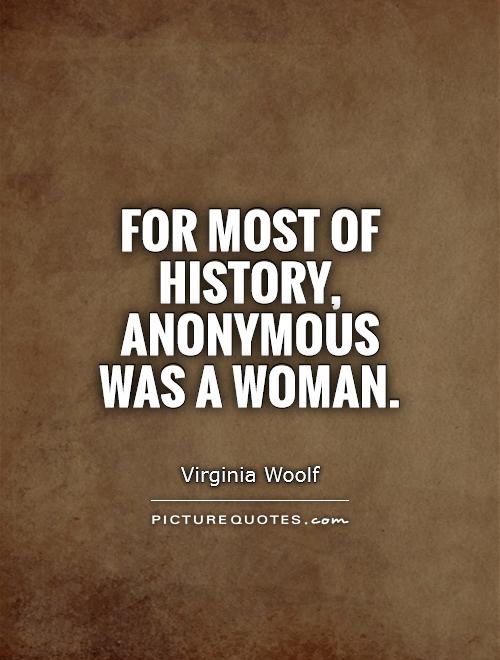
For most of history, Anonymous was a woman
Virginia Woolf's famous quote, "For most of history, Anonymous was a woman," speaks to the erasure of women's voices and contributions throughout history. Woolf, a pioneering feminist writer, understood the struggles that women faced in a male-dominated society and sought to bring attention to the ways in which women's stories were often overlooked or dismissed.In the context of Woolf's own work, this quote can be seen as a reflection of her own experiences as a female writer. Woolf was acutely aware of the challenges that women faced in the literary world, where their work was often marginalized or ignored. In her essay "A Room of One's Own," Woolf famously argued that women needed both financial independence and a physical space of their own in order to write freely and creatively. Without these resources, women's voices would continue to be silenced and their stories left untold.
Woolf's quote also speaks to the broader issue of gender inequality in society. Throughout history, women have been systematically excluded from positions of power and authority, leading to a lack of representation in the historical record. Women's contributions to art, literature, science, and politics have often been downplayed or attributed to men, further perpetuating the myth that women have not played a significant role in shaping the world.
By highlighting the fact that "Anonymous was a woman," Woolf challenges us to reconsider our assumptions about history and the ways in which women have been marginalized and silenced. She calls on us to recognize the importance of women's voices and stories, and to work towards a more inclusive and equitable society where all individuals are given the opportunity to be heard and valued.
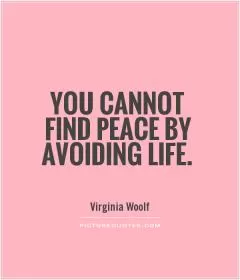
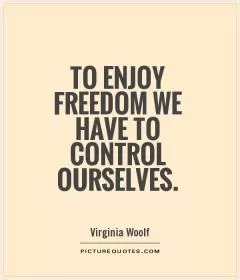
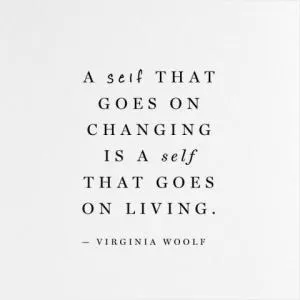
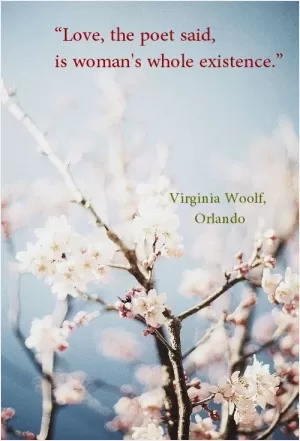
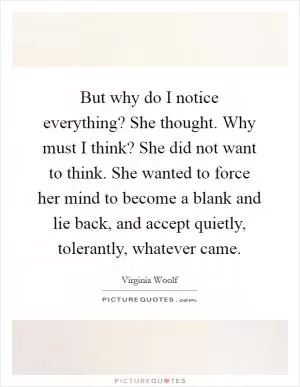
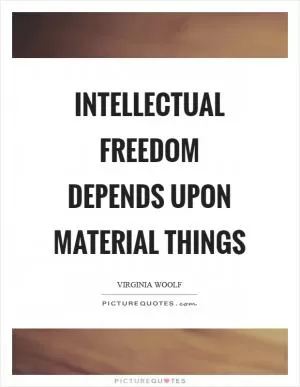
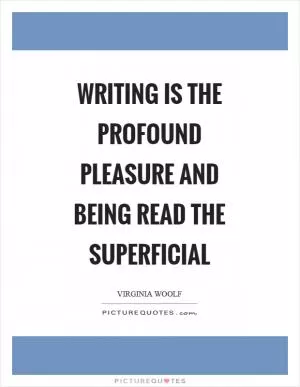
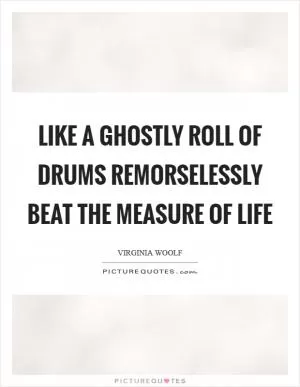
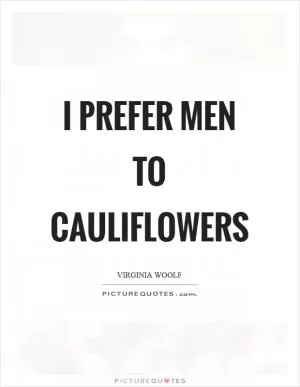
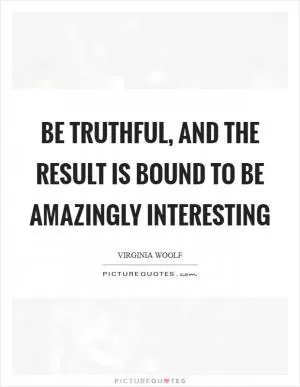
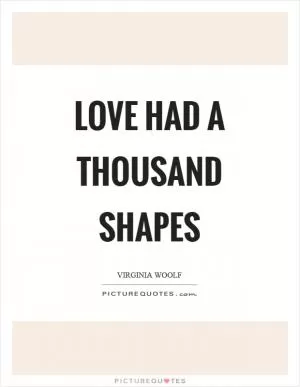
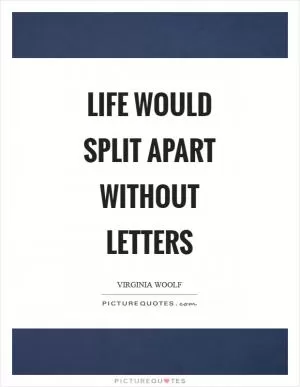
 Friendship Quotes
Friendship Quotes Love Quotes
Love Quotes Life Quotes
Life Quotes Funny Quotes
Funny Quotes Motivational Quotes
Motivational Quotes Inspirational Quotes
Inspirational Quotes